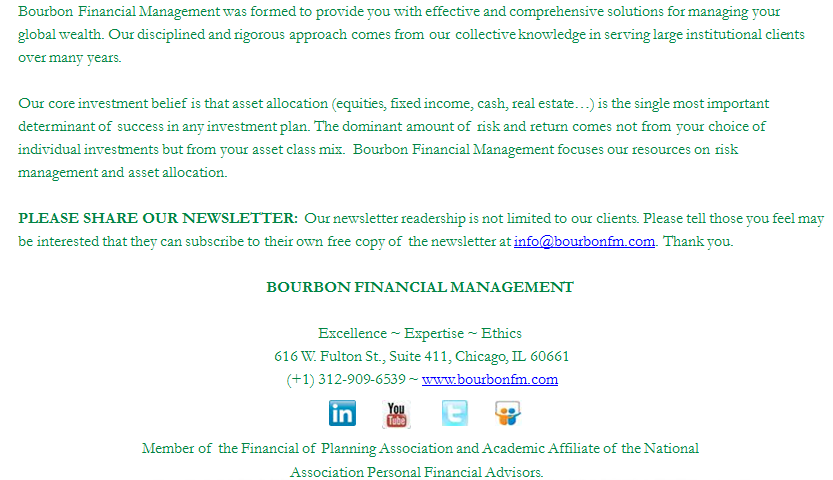Brexit: UK to leave the EU
Brexit: UK to leave the EU

Before we comment on Brexit, let’s look at the top Google questions in UK on the European Union (EU).

Since many don’t know what the EU is, let’s see below which countries belong to the EU, the Eurozone…


Source: Wikipedia
Historical Facts
Reserve currencies have changed over time. They have included the Greek drachma, coined in the fifth century B.C., the Roman denari, the Byzantine solidus and Islamic dinar of the middle-ages, the Venetian ducato of the Renaissance, the seventeenth century Dutch guilder and, the British pound and U.S. dollar.

200BC: Belgium invaded England.
1066: Battle of Hastings with England and Norman, Breton and French. Under William the Conqueror (first Norman King of England), England became an estate of Normandy. French became the official language of England. Until Henry IV coronation in 1399, British monarchs were speaking in French!
1337-1453: Hundred Years’ War between Britain and France.
1750-1815: More wars between Britain and France.

1870: First war between France and Germany.
1914-1918: World War I.
1939-1945: World War II.
1950: Robert Schuman, the French foreign minister, proposed integrating the coal and steel industries of Western Europe.
1951: The European Coal and Steel Community (ECSC) was formed with Belgium, West Germany, Luxembourg, France, Italy and the Netherlands.
One of the main ideas of the original EU was to become economically interdependent and prevent more wars in Europe.
1957: Signature of the Treaties of Rome to create the European Economic Community (EEC). The six member states removed trade barriers to create a common market between them.
1963: UK is a candidate to join the EEC. See De Gaulle Video at: https://rutube.ru/video/fc413d8e95e17577e63149a3fa5309e3/
1973: The UK joined EEC.
1993: Signature of the Maastricht Treaty to establish new areas of European co-operation in foreign and security policy, and justice and home affairs. Creation of a timetable for the economic and monetary union and the introduction of a single currency.
1999: Creation of the Euro. The European Central Bank (ECB) is the central bank responsible for monetary policy in the 16 member States of the Eurozone.


June 23rd 2016: “Brexit” - UK votes to leave the EU

British people voted to leave the European Union after 43 years of membership.
The vote has sent a seismic shock through financial markets. The UK has already high budget and current account deficits.
UK Prime Minister David Cameron announced he will step down in a few months.
The "leave" decision creates many uncertainties. 60 global central banks met in Basel last weekend to coordinate tactics.
EU leaders have pledged to move forward without the UK as a unified group of 27 countries.
We believe it is impossible to be precise about the economic consequences of this decision. At this point, we do not think that this event compares with the Lehman bankruptcy that triggered the global financial crisis in 2008. We expect the UK divorce to be messy, and costly.
Most investors were positioned for a continuation of the status quo going into the referendum. The initial shock of the unexpected result prompted a sharp decline in stock markets. The British pound fell 8% against the US dollar and 5% against the euro on Friday. The British pound reached a 31-year low versus the US dollar in intra-day trading.

The Euro Stoxx 50 was down 8%, the FTSE 100 fell 4%, and Gold was up 5%. The Stoxx 600 banking index, which covers the largest European banks, plunged 14.5% on Friday. It’s down 29.3% year-to-date, 42% from its 52-week high, and 76% from its all-time high in May 2007 before the Financial Crisis. This morning, on Monday June 27th, European banks are down again.
In the last few years, other shocks have taken place in Japan, the United States and Europe.

Technically, nothing has changed yet. Article 50 of the Lisbon Treaty provides that the EU will negotiate a new agreement with the withdrawing country over two years (once the article is triggered). There is no precedent except for Greenland who left the EU in 1985.
“Referendum contagion”? There may be some longer-term macro consequences for the eurozone, but these are hard to assess at this time. Populist support is strong in Europe. The vote creates a precedent that may be used by others over time (Dexit, Frexit, Nexit, Swexit,…). If France's Marine Le Pen wins the 2017 French election, a "Frexit" could be even bigger than Brexit in its impact on markets.

A key risk to the UK is a reduction in trade with other EU countries. Half of all British exports go to the EU. PIMCO estimates that Eurozone exports to the UK are around 13% of total exports. They estimate that UK GDP could drop by 1%–1.5% over the next 12 months. There could be GDP shock for the eurozone around 0.1%. The amount of trade with the UK is relatively small for most emerging market countries.
With 51.9% voting to “Leave,” the referendum has divided the country by age and location, with only London and Scotland overwhelmingly favoring “Remain.”



CONCLUSION
Uncertainty and volatility are likely to remain high.
Investors should check if they have a diversified asset allocations intended to weather volatility on the way to longer-term objectives.
We remind our readers that market turmoil tends to create attractive entry points. While cash returns are low (you may get 1% in online banks), it can be a powerful tool since it acts as a buffer when markets correct and it provides the ammunition to buy future bargains. We believe cash has meaningful optionality value and will be the dry powder used when prices get attractive.
Warren Buffett once said that as an investor it is wise to be “Fearful when others are greedy and greedy when others are fearful.”
Appendix
As you can see from the chart below, intra-year corrections or bear markets (orange dots) are a natural part of the life cycle of the market.

Below, you can see that 1987 has seen an intra-year drawdown of 34% but U.S. stocks were still up 2% that year!



Let’s put things in perspective
- October 19, 1987, later referred to as Black Monday, the S&P 500 experienced a fall of 20.5%. This is still the worst day for the stock market on record.
- Since 1980, the S&P 500 Index has fallen in excess of 5% in a week 28 times. The index has recovered those losses within four weeks more than 70% of the time.
- Over any one-year period, the S&P 500 has experienced gains as high as 51% (in 1954) and losses as low as -37% (in 2008). Clearly, an undiversified equity portfolio is inappropriate for short-term goals. Expanding to a five-year holding period improves the risk/return profile of stocks dramatically, with the worst five-year period since 1950 experiencing only a 2% decline.
- A 10-year window only performed poorly during the Great Depression and the Great Recession. Stock returns over any 10-year holding periods beginning in 1936 to 2003, a 67-year stretch, were positive. In addition, the returns generated are far larger over the longer horizon due to compounding. Clearly, as you can see below, investors who can see beyond short-term market volatility by expanding their time horizons can benefit from broad market and economic cycles.
- Most important, there has never been a 20-year period in the postwar era that has experienced losses. While this is no guarantee of future returns, it demonstrates the importance of specifying the right time horizon to minimize portfolio risk.
Overall, near-term volatility does not impact the way BFM invests. Our discipline as long-term investors can take advantage of price volatility to buy attractively valued companies. We have confidence in the long-term prospects of the securities in our portfolios.

BFM RECOMMENDATION
>> Develop and stick to a sensible and customized financial plan. Timing the market is not advisable. <<
If you are interested in more charts and good articles to improve your financial decisions, check out our daily postings at
www.tinyurl.com/BFM-Facebook
or our blog at
www.bourbonfm.com/blog.
This market commentary expresses BFM’s views as of June, 2016 and should not be relied on as research or investment advice regarding any investment.

This newsletter was first published in June of 2016
https://us4.campaign-archive.com/?u=573d134676472fe56336c7f4f&id=3d12b517f8&e=e1018b876b













